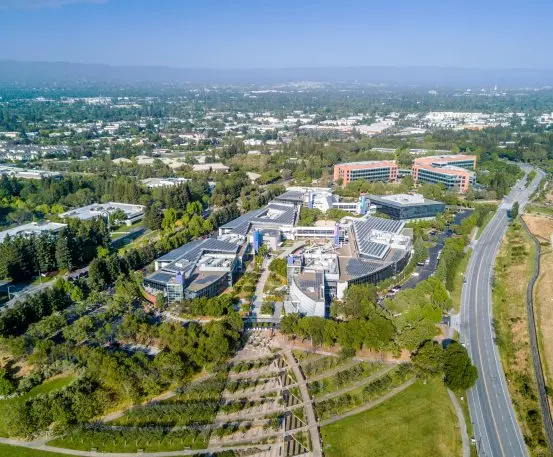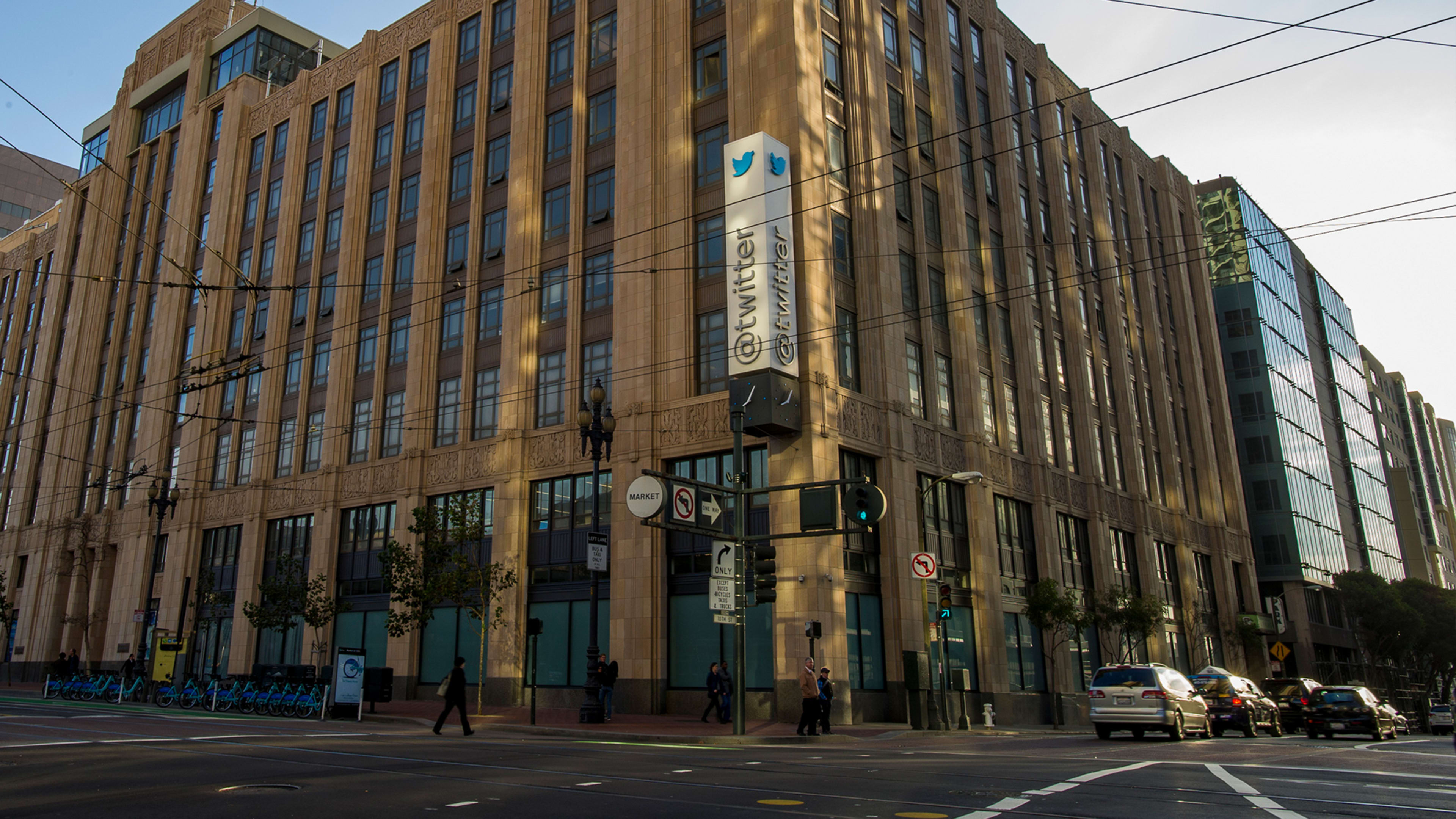With support from celebrity billionaire Marc Benioff, plus real celebrities Chris Rock and Jewel, San Francisco’s proposed $300 million business tax to fund housing and homeless programs became a national cause célèbre. Winning by a healthy 60%, Proposition C was by far the biggest, but not the only, successful effort to make big tech pay more to even out the growing income divide in American cities–a trend that may continue.
Just south of San Francisco, voters in tony Google hometown Mountain View and lower-income East Palo Alto passed their own smaller tax measures on local tech companies. Three very different communities all opting to claw back money from the tech titans may mark a turning point in the relationship between cities and the companies that bring them both rising prosperity and widening inequality.
“The way I see it is, they’re afraid that it will spread to other cities–the concept of taxing concentrations of wealth as represented by the corporate tech sector. And I think it very well might,” says Mountain View mayor Lenny Siegel about opponents of the city’s new business license tax.

Nearly all the money–90%–goes to transportation projects, such as upgrading the city’s transit center and expanding bike paths. One of the top priorities Siegel listed in taking office in January was to expand transit to keep up with economic growth that brings tens of thousands of workers into town each day. The bike-riding mayor has emphasized multimodal transit, with bikes, shuttles, and trains, as well as cars.
Google and parent company Alphabet have already been funding transit programs–such as free downtown shuttles and a bike trail between two of their campuses–which benefit both employees and the general public. “They recognize that their ability to continue doing business here depends upon us solving the transportation problems,” says Siegel.
Related: The dirty political fight to get tech’s richest companies to give less than 1% to the homeless
The relationship between business and government is more contentious in East Palo Alto, says city council member Carlos Romero. Developers balked at Measure HH, a parcel tax on landlords of $2.50 per square foot per year on commercial properties over 25,000 square feet, he says. “When we proposed this tax, the business community, they essentially were up in arms saying, ‘Why should we pay for any of this?'” says Romero. But voters approved the measure overwhelmingly, giving it 70% of the vote.
Unlike Mountain View, tech companies are new to East Palo Alto. Only recently have they branched out of richer cities, like posh neighboring Palo Alto, to this lower-income, predominantly Latinx community. (Amazon, for instance, leased a more than 200,000-square-foot space in 2017.)
But the new companies haven’t brought economic opportunities with them, as they mostly hire people from outside the community, says Romero. “The community said . . . if you approve these projects, you need to figure out a way to create pathways for us–moderate income, low-income residents, our children–to get a foothold into that ever-growing industry that actually pays far better than the other service sector or even middle-management work that people might be able to get in East Palo Alto,” says Romero.
With rents skyrocketing, and residents moving into RVs, Measure HH will provide loans and subsidies for building new housing, such as rental units connected to adjacent homes. It will also fund science, technology, engineering, and math (STEM) education in the hopes that residents cannot only survive the tech influx but take advantage of it.
Depending how much development grows, Measure HH could raise from about $1.7 million to $7.5 million–significant in a city of about 30,000 people, with an annual budget around $40 million. (Mountain View’s is about $328 million, and San Francisco’s is around $11 billion.)
And the idea could spread. “There are other elected officials locally interested in this ability to tax these companies on the real estate side because the rents are so significantly high,” says Romero. He says he’s had conversations with a few, but declines to name them.
The path is far from clear, though. Under pressure from its local tech behemoth, Apple, the South Bay town of Cupertino shelved (at least until the 2020 election) a per-employee tax similar to Mountain View’s. Last June, the Seattle City Council was pressured by business titans, especially Amazon, to reverse its vote for a $275-per-employee tax on businesses making more than $20 million a year. It would have raised about $47 million per year for housing and homeless programs.
But the victory in San Francisco–in the face of opposition not only from many tech companies, but also the mayor and other prominent politicians–shows new power for communities to take on big tech. It also forced tech companies like Salesforce, Square, Stripe, and Lyft into the spotlight on these issues, much more than Google or Apple were down south.
Related: Marc Benioff just Twitter-shamed Jack Dorsey over San Francisco’s homeless tax plan
As the one major tech company to actively support Prop C, Salesforce won a great deal of attention and good will–for a modest cost of about $10 million in extra taxes, per its own estimate. The company even contributed about $5 million to the Yes on C campaign, but that’s a small outlay for a company that aspires to be a first corporate citizen in San Francisco–as Google does in Mountain View. (Co-CEO Benioff contributed about $2 million from his pocket.)
If the tide of public opinion continues to turn against big tech, at least some companies seem ready to set a new course rather than ride against it.
Recognize your brand’s excellence by applying to this year’s Brands That Matter Awards before the early-rate deadline, May 3.
